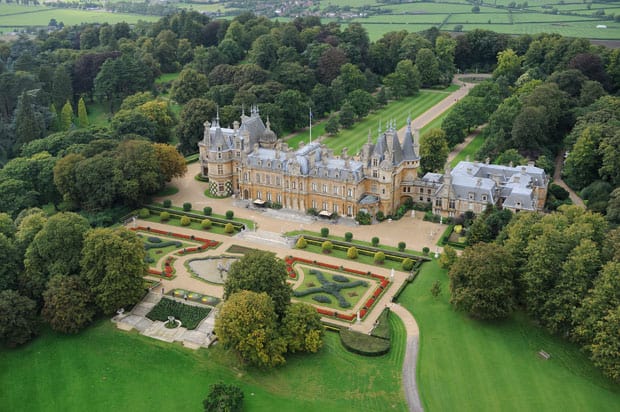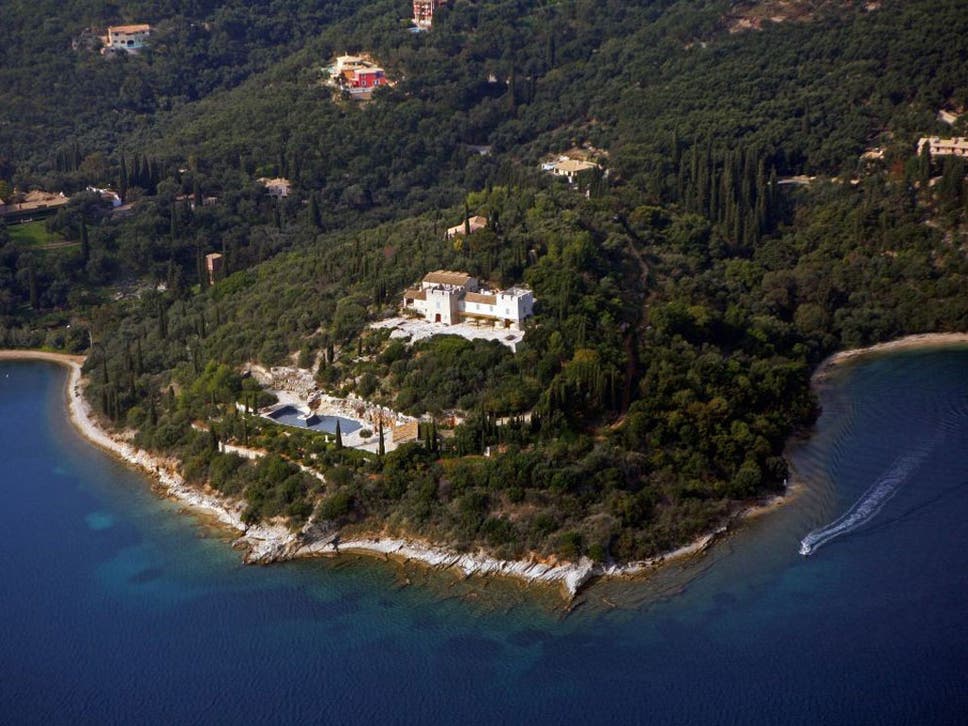Damn, those bloody Russians are at it again… I knew it
 Russia behind an inflation of the mobilization of Yellow Vests on social networks?
Russia behind an inflation of the mobilization of Yellow Vests on social networks?
9 Dec 2018, 13:40
While the extent of the mobilisation of the Yellow Vests is such that it has attracted the attention of the press, a cyber security company sees behind this spontaneous movement... accounts "linked to Russia". France is looking into the matter.
On December 8, the whole world was focused on France - and in particular its capital - where Act 4 of the national Yellow Vests mobilization was taking place. For the fourth Saturday in a row, thousands of French people took to the street. The government's latest count indicates 136,000 demonstrators, 1,723 arrested and 1,220 held in police custody, given the violent incidents that marked the event.
As the images of the clashes between demonstrators and police forces had spread around the world, particularly via social networks,
did the yellow vest phenomenon really need an extra boost to increase its notoriety?
This is the question raised by the British newspaper The Times, which in its article published on the morning of 8 December relayed
an analysis, published by the cyber security company New Knowledge, which suggests that Russia would be linked to an increase in the treatment of the mobilisation of yellow jackets on social networks.
According to The Times, which cites New Knowledge's analyses, some 200 Twitter accounts "linked to Russia" reportedly broadcast photos and videos of people seriously injured by the police. The British newspaper also points out that
these accounts allegedly broadcast images that came from events completely outside the demonstrations that have been taking place in France for several weeks. And, while the concept of Twitter accounts "linked to Russia" remains unclear, New Knowledge understands that they have "sought to amplify the street demonstrations that have shaken France".
The accusation was taken seriously by the French executive: under the supervision of the General Secretariat for Defence and National Security (SGDSN), an agency reporting to the Prime Minister, the French authorities decided to investigate possible foreign interference in the activity of social networks, according to newspaper Le Parisien.
The analysis of New Knowledge was also quickly shared on social networks, notably in France, by essayist Caroline Fourest and the director general of the Foundation for Political Innovation, a liberal think-tank, Dominique Reynié.
Nevertheless, Paris remains cautious about New Knowledge's allegations.
"No objective element" makes it possible to establish a technical link between the effervescence on social networks and Russian services," said a source close to the case to Le Parisien, which pointed out that the case had not been taken to court.
The emergence of such anti-Russian accusations, which are at the heart of a sensitive issue for the French authorities, is not unlike the allegations made against Moscow this summer in the Benalla case. EU Disinfo Lab, a pro-EU NGO, attributed the extent of the controversy over the former Elysée adviser on social networks to an influence of the "Russophile" twittosphere. However,
this thesis had been strongly denounced by Olivier Berruyer's Les Crises website, which had highlighted the methodological weaknesses of the EU Disinfo Lab survey. The NGO had itself corrected its analysis, publishing new conclusions of its study on 8 August, no longer mentioning any Russian influence.





